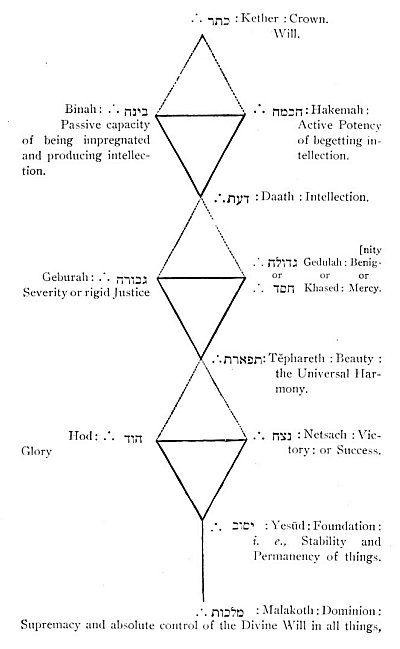It is better for the Mason to live while he lives, and enjoy life as it passes: to live richer and die poorer. It is best of all for him to banish from the mind that empty dream of future indolence and indulgence; to address himself to the business of life, as the school of his earthly education; to settle it with himself now that independence, if he gains it, is not to give him exemption from employment. It is best for him to know, that, in order to be a happy man, he must always be a laborer, with the mind or the body, or with both: and that the reasonable exertion of his powers, bodily and mental, is not to be regarded as mere drudgery, but as a good discipline, a wise ordination, a training in this primary school of our being, for nobler endeavors, and spheres of higher activity hereafter.
p. 346
There are reasons why a Mason may lawfully and even earnestly desire a fortune. If he can fill some fine palace, itself a work of art, with the productions of lofty genius; if he can be the friend and helper of humble worth; if he can seek it out, where failing health or adverse fortune presses it hard, and soften or stay the bitter hours that are hastening it to madness or to the grave; if he can stand between the oppressor and his prey, and bid the fetter and the dungeon give up their victim; if he can build up great institutions of learning, and academies of art; if he can open fountains of knowledge for the people, and conduct its streams in the right channels; if he can do better for the poor than to bestow alms upon them–even to think of them, and devise plans for their elevation in knowledge and virtue, instead of forever opening the old reservoirs and resources for their improvidence; if he has sufficient heart and soul to do all this, or part of it; if wealth would be to him the handmaid of exertion, facilitating effort, and giving success to endeavor; then may he lawfully, and yet warily and modestly, desire it. But if it is to do nothing for him, but to minister ease and indulgence, and to place his children in the same bad school, then there is no reason why he should desire it.
What is there glorious in the world, that is not the product of labor, either of the body or of the mind? What is history, but its record? What are the treasures of genius and art, but its work? What are cultivated fields, but its toil? The busy marts, the rising cities, the enriched empires of the world are but the great treasure-houses of labor. The pyramids of Egypt, the castles and towers and temples of Europe, the buried cities of Italy and Mexico, the canals and railroads of Christendom, are but tracks, all round the world, of the mighty footsteps of labor. Without it antiquity would not have been. Without it, there would be no memory of the past, and no hope for the future.
Even utter indolence reposes on treasures that labor at some time gained and gathered. He that does nothing, and yet does not starve, has still his significance; for he is a standing proof that somebody has at some time worked. But not to such does Masonry do honor. It honors the Worker, the Toiler; him who produces and not alone consumes; him who puts forth his hand to add to the treasury of human comforts, and not alone to take away. It honors him who goes forth amid the struggling elements to fight his battle, and who shrinks not, with cowardly effeminacy, behind
p. 347
pillows of ease. It honors the strong muscle, and the manly nerve, and the resolute and brave heart, the sweating brow, and the toiling brain. It honors the great and beautiful offices of humanity, manhood’s toil and woman’s task; paternal industry and maternal watching and weariness; wisdom teaching and patience learning; the brow of care that presides over the State, and many-handed labor that toils in workshop, field, and study, beneath its mild and beneficent sway.

Moe is the founder of GnosticWarrior.com. He is a father, husband, author, martial arts black belt, and an expert in Gnosticism, the occult, and esotericism.





